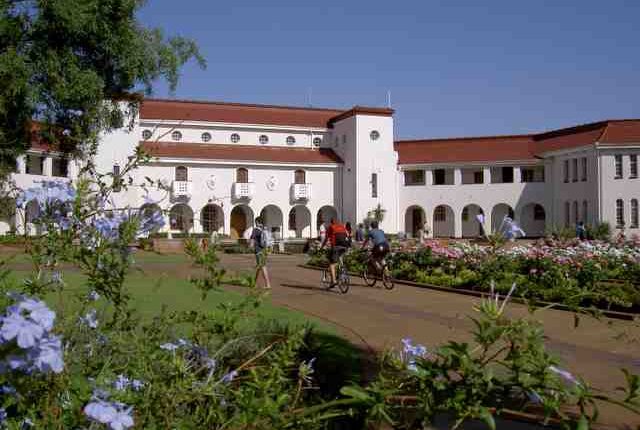North-West University: Seminar focuses on peer empowerment and peer mentoring to develop work-ready graduates
“There is a growing dissatisfaction among South African employers towards the type of graduates that are currently being produced by higher education institutions, because they lack problem-solving, teamwork and critical thinking skills.”
This is according to Dr Quatro Mgogo, a senior lecturer in the School of Communication at the North-West University’s (NWU’s) Mahikeng Campus.
He recently presented a seminar, titled “Organising pedagogical activities for differently abled students”, which focused on peer empowerment and peer mentorship.
Dr Mgogo says this dissatisfaction could be the result of pedagogical practitioners and students in higher education’s assessment approaches, with some of the lecturers being subject specialists and not teachers by profession.
“Drawing inspiration from the pedagogical philosophies of Veronica Villarroel and John Biggs, I argue that to respond to these challenges, lecturers need to take cognisance of the fact that they teach students who have different learning abilities,” says Dr Mgogo.
“Visual, auditory and kinesthetic learning abilities can also be underpinned by numerous pedagogical theories, therefore there is no one-size-fits-all approach to teaching and learning.”
He is of the opinion that a good teacher/facilitator/lecturer is one who organises teaching and learning activities according to students’ different learning abilities.
“For starters, diagnostic pedagogical activities are the best way to understand how students in a particular module learn. This will also help to identify the Zone of Proximal Development*, where students’ learning deficiencies or gaps can be closed,” he adds.
In response to students’ lack of problem-solving skills, Dr Mgogo recommends problem-solving activities, and Authentic Assessments (AAs) in particular.
“Even though traditional higher education institutions are more theoretical in their teaching and learning approach, it is high time the ‘show-and-tell’ approach to assessments, as opposed to the ‘pen-to-paper’ approach, is explored. Since AAs require performances that are congruent to those in the real world, our assessments need to be ‘problematised’ with real-world and current societal problems in response to the labour market’s cry for graduates with problem-solving skills and attributes.”
In response to the employer’s dissatisfaction with graduates who lack teamwork and critical thinking skills, he also suggests focusing on pedagogical activities that could help students to be good team players, such as think-pair-share, role-plays, and jigsaw methods.
As part of the seminar, Dr Mgogo also touched on game-based learning as one of the effective pedagogical approaches and activities that can improve student engagement and participation.
“Authentic, constructive, and dialogic feedback is an effective way to make academic epistemology easily accessible to students,” he concludes.
* The Zone of Proximal Development (ZPD) was a key construct in Lev Vygotsky’s theory of learning and development. The Zone of Proximal Development is defined as the space between what a learner can do without assistance and what a learner can do with adult guidance or in collaboration with more capable peers.

